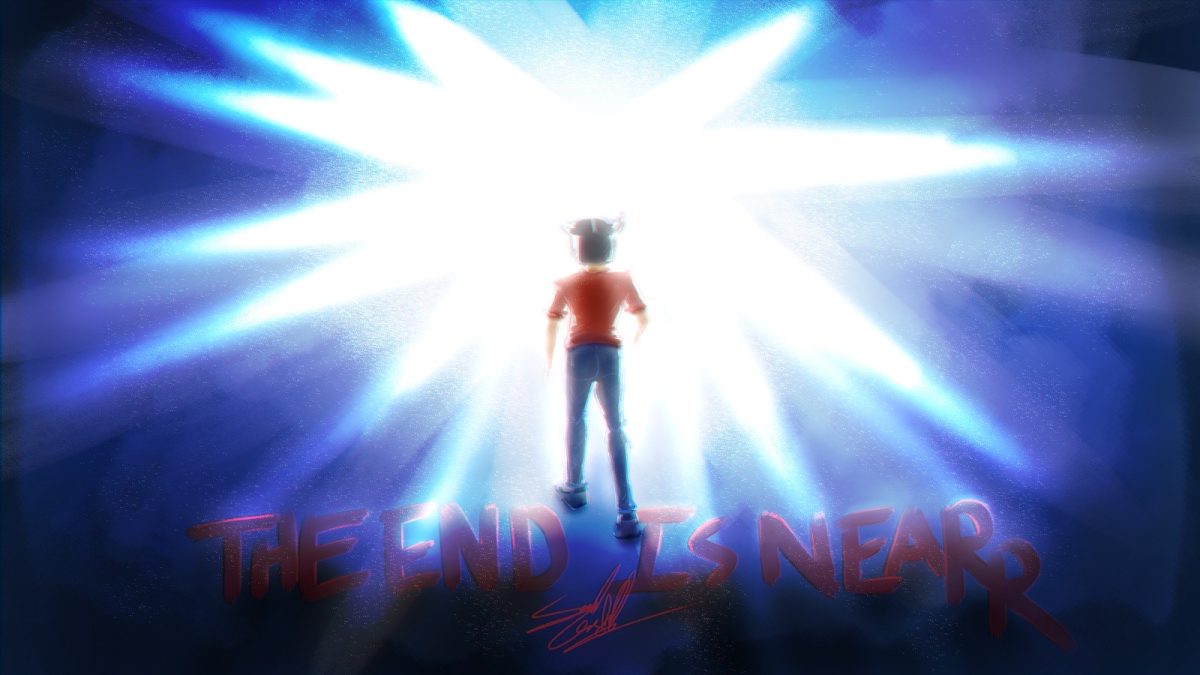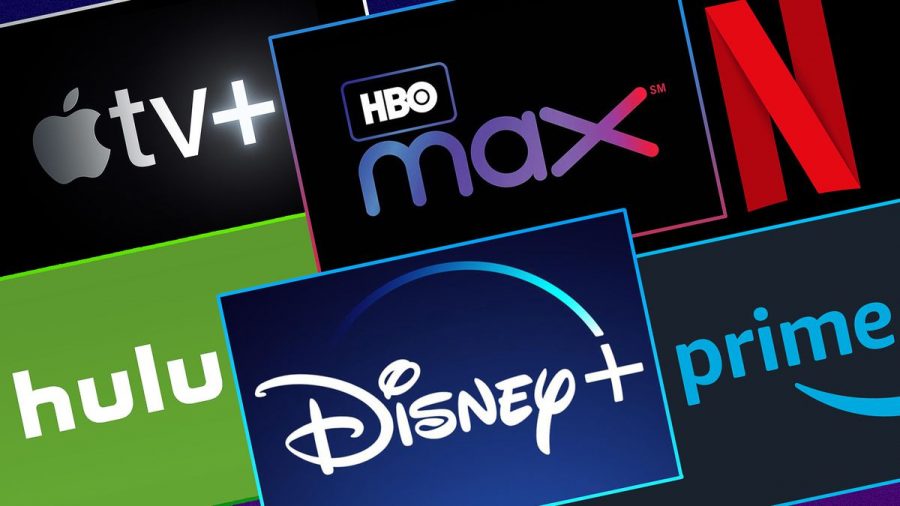The revolution of cinema
January 26, 2021
Over the past decade, streaming services have proven to be the dominant form of cinematic storytelling. 2020 has done nothing but emphasize this cinematic revolution and we are seeing its drastic impact today. With audiences at home and movie theatres closed, society has become accustomed to platforms including Netflix, HBO Max, and Disney+, which are paving the way for the most tectonic shift in the film industry since the introduction of sound technology or color.
While 2020 cemented the technological revolution in film due to COVID-19, there were signs of streaming platforms’ domination before the virus broke out. Netflix is a prominent example of this. Since 2018 alone, Netflix has partnered with some of the most influential and talented filmmakers ever such as Joel and Ethan Coen (The Ballad of Buster Scruggs), Alfonso Cuarón (Roma), Martin Scorsese (The Irishman), David Fincher (Mank), and so many more. On January 13th, 2021, Netflix announced that they will be releasing a new movie every single week and will be partnering with some of the most popular actors working today such as Leonardo DiCaprio, Jake Gyllenhaal, and Meryl Streep.
Netflix has already established itself as the front runner in regards to streaming services; however, on December 13th, 2020, HBO Max announced that all of Warner Bros.’ 2021 releases will be released both in theatres and on the platform simultaneously. The vast catalog of big-budget blockbusters includes Dune (Denis Villeneuve), The Suicide Squad (James Gunn), Godzilla vs. Kong (Adam Wingard), and the highly anticipated The Matrix 4 (Lana Wachowski). These are films that were made for a theatrical experience as an intent; however, the convenience of streaming these films from home proves to outweigh the intimacy of viewing them in a movie theatre.
Disney+ has also marked its significance in the streaming industry by releasing Pixar’s most recent animated feature, Soul (Pete Docter), on the platform. Pixar is a company that is known for its classic cinematic achievements in animation such as Toy Story, so seeing a company with so much history in the theatrical industry release a feature on a streaming service proves that we are living in a historical period in time for the film industry.
Films that are typically meant to be experienced in a theatre can now be experienced on smartphones, but is this such a bad thing? With the option to view powerful works of art from home, the average moviegoer is slowly drifting away from the theatre, fundamentally changing how films are experienced.
Is this the death of cinema? No, it’s a revolution of it. The cinematic art form has not died out and seems as if it’s only going to grow more and more in the years to come. Blockbuster films and visual works of art will still be made, but it’s only a matter of time before the audience’s viewing experience will change completely.



































